FINEX Folio
By J. Albert Gamboa

The Philippine Statistics Authority has recorded a total of 1,000,506 business enterprises operating in the country as of end-2019. The vast majority is composed of micro enterprises at 89.5%, followed by small and medium enterprises (SMEs) constituting 10.0% while the remaining 0.5% is made up of large corporations.
Many of these micro enterprises have closed down due to the COVID-19 pandemic, while SMEs are still surviving with most of their employees working from home (WFH). Such a WFH arrangement requires secure wi-fi connectivity in residential areas that have virtually become alternative branch offices of companies big and small.
Remote access to business tools is essential for SMEs, but they lack the resources that large enterprises can leverage to set up and maintain virtual private networks or VPNs. Hewlett Packard Enterprise (HPE) recently introduced a simple wi-fi solution for SMEs called Aruba Instant On (AION), a family of powerful wireless devices designed to address business needs with capacity for growth.
HPE is a Texas-domiciled firm established in 2015 as a spin-off of Silicon Valley tech giant Hewlett-Packard Co. HPE’s California-based subsidiary, Aruba Networks, teamed up with NordVPN of Panama to deliver VPN services to AION customers.
According to Aruba Philippines Country Manager Gigi Lariosa, AION can deliver a seamless wi-fi experience comparable to that of large corporations. She said the proliferation of mobile devices and the increasing use of cloud-based applications have forced SMEs to rethink their strategic plans in order to remain competitive.
Based on a study conducted by International Data Corp. (IDC), two-thirds of SMEs will have digital transformation as a key part of their IT strategies by the end of 2023. Since the growing interest in digitalization has placed new demands on SME communications infrastructure, the IDC report disclosed that there is an evident need for purpose-built wireless solutions that can effortlessly scale as business requirements dictate.
ENSURING CONSUMER PROTECTION
After 18 long years, the bill regulating the Philippine liquefied petroleum gas (LPG) industry will finally become a law. First proposed in 2003 during the 12th Congress, the LPG Regulation Act had to go through the wringer of seven congressional terms prior to its enactment.
Last month, the Bicameral Conference Committee of the 18th Congress reconciled the disagreeing provisions of Senate Bill No. 1955 and House Bill No. 9323. The senators and congressmen assigned to the bicam committee then recommended to their respective chambers that the consolidated version of the two bills be approved and ratified, which both the Senate and the House of Representatives did on Aug. 3 and Aug. 4, respectively. After its ratification, the final version has been endorsed to the Executive branch for the President’s signature.
The proposed law aims to set the best practices for domestic industry players by creating a swapping program and cylinder exchange that will allow Filipino consumers to purchase any LPG brand of their preference. Senator Sherwin Gatchalian said: “The bicam agreed that the combination of provisions offer the strongest potential for strict compliance and enforcement. Most important of all, it will provide safety standards for the protection of consumers by eliminating unsafe cylinders from circulation.”
Industry stakeholders such as the LPG Marketers’ Association (LPGMA), the Independent Philippine Petroleum Companies Association, and the LPG Industry Association strongly support the passage of the LPG Regulation Act of 2021, which seeks to establish a national energy policy and regulatory framework for their sector. Among the bill’s authors is incumbent LPGMA Party List Rep. Allan Ty, whose family has been involved in the industry for several decades.
J. Albert Gamboa is the chief finance officer of Asian Center for Legal Excellence and co-chairman of the FINEX Week Committee. The opinion expressed herein does not necessarily reflect the views of these institutions and BusinessWorld.